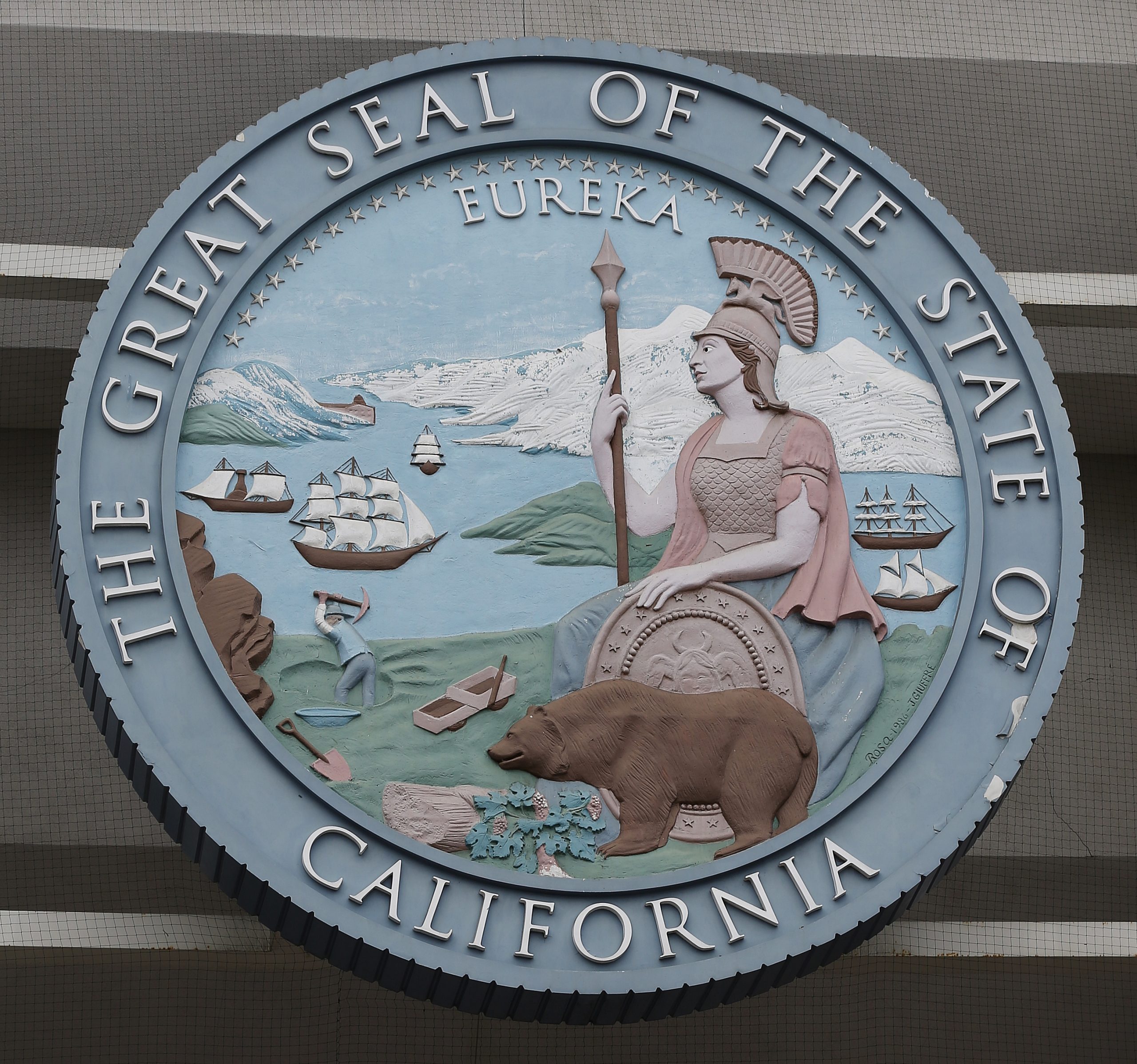On Jan. 24, the California secretary of state announced that a veto referendum filed to repeal Assembly Bill 257 (AB 257) had qualified for the November 2024 ballot.
AB 257 would enact the Fast Food Accountability and Standards Recovery Act (FAST Recovery Act), which was passed along party lines and signed into law on Sept. 5, 2022. The act would authorize the creation of the fast-food council, within the Department of Industrial Relations, composed of 10 members including fast-food restaurant franchisors, franchisees, employees, advocates for employees, and a representative from the Governor’s Office of Business and Economic Development. AB 257 would also authorize the council to adopt a minimum wage for fast-food restaurant employees not to exceed $22 per hour in 2023 with adjustments annually.
The fast-food council would not be allowed to promulgate rules or standards concerning working conditions until the Director of Industrial Relations received a petition approving the creation of the council signed by at least 10,000 California fast-food restaurant employees. The law would authorize the labor commissioner and the Division of Labor Standards Enforcement to enforce the regulations adopted by the state council. The labor commissioner would be required to investigate alleged violations and order appropriate remediation.
In California, the number of signatures required for a veto referendum is equal to 623,212 (5% of the votes cast in the preceding gubernatorial election). Save Local Restaurants, the campaign behind the repeal of the law, filed over 1 million signatures on Dec. 5, 2022.
On Dec. 29, Save Local Restaurants filed a lawsuit against Director of the California Department of Industrial Relations Katie Hagen, California Secretary of State Shirley Weber (D), and California Attorney General Rob Bonta (D) asking the court to stop the state from enforcing the law, set to take effect Jan. 1, until the signature verification process was complete for the petition. On Jan. 13, Sacramento Superior Court Judge Shelleyanne W.L. Chang granted a preliminary injunction keeping the bill from taking effect until the petition is verified by the state.
On Jan. 24, the secretary of state reported that the final random sample count contained at least 712,568 valid signatures.
Save Local Restaurants said in a statement, “During the highest inflation in more than four decades, consumers want to know that the restaurant meals they need in their busy lives will continue to be affordable, and that the jobs their communities rely on will still be there. Before they lose the brands that they love, voters will get the chance to have their say.”
The campaign has been endorsed by the U.S. Chamber of Commerce, National Restaurant Association PAC, and International Franchise Association Franchising PAC. The top donors to the committee funding the campaign include Chipotle Mexican Grill, In-N-Out Burgers, Starbucks, Yum! Brands, and Wing Stop.
Assemblyman Chris Holden (D-Pasadena), the author of AB 257 and a former fast-food franchisee, said, “AB 257 creates minimum standards for wages and work conditions, protects workers from being fired for organizing and establishes sectoral organizing with a fast food worker council. I’m proud to have ushered an inclusive approach to the industry by giving employees the chance to be included in a process that has always impacted them.”
SEIU California State Council, California Employment Lawyers Association, California Labor Federation, and Gig Workers Rising support upholding AB 257.
Four other ballot measures have qualified for the ballot in 2024 in California. In March, voters will decide on a legislatively referred constitutional amendment to repeal a constitutional requirement that voters approve publicly-funded housing projects classified as low rent.
Three other citizen initiatives will be on the ballot in November:
- A combined statute and a constitutional amendment to create a state Pandemic Early Detection and Prevention Institute
- A statute to increase the state minimum wage to $18 by 2026
- A statute to repeal the Private Attorneys General Act (PAGA) and replaces it with a new process for remedying labor violations
In California, a total of 402 ballot measures appeared on statewide ballots between 1985 and 2022. Two hundred thirty-one ballot measures were approved, and 171 ballot measures were defeated.
Additional reading:


